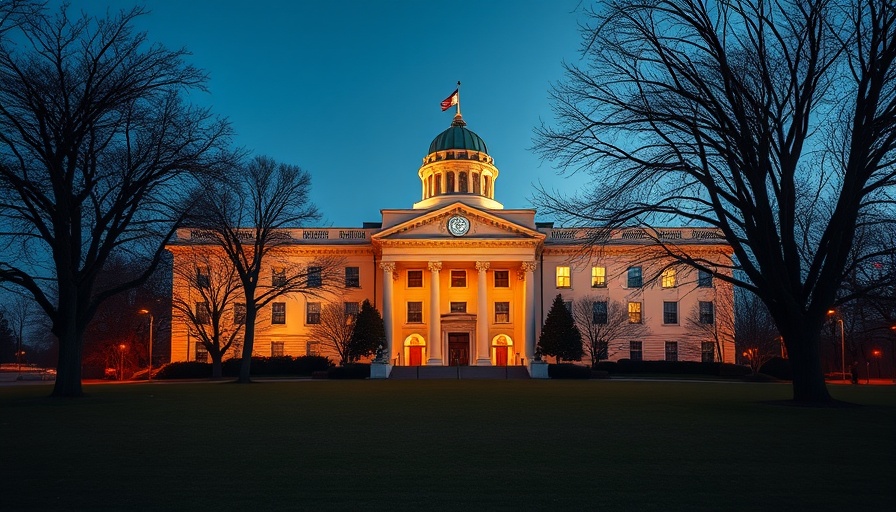
A Federal Judge Takes a Stand on Personal Privacy
On March 20, 2025, U.S. District Judge Ellen Hollander made headlines by blocking the Department of Government Efficiency (DOGE) from accessing sensitive data kept by the Social Security Administration (SSA). This landmark ruling highlights major concerns regarding personal privacy and the extent of governmental oversight in a digital age. Judge Hollander criticized DOGE's intentions, describing its actions as akin to a "fishing expedition" driven by baseless suspicion of fraud.
The Risks Involved
Hollander's ruling was particularly significant given her findings about the potential for cybersecurity risks associated with DOGE's proposed access. In a world where data breaches have become alarmingly common, the idea that government agencies could access personal information without sufficient justification raises red flags. Federal privacy laws are designed to protect citizens' data, and this ruling underscores the importance of safeguarding personal information against unwarranted intrusion.
The Role of Technology in Government Oversight
The rise of technology in various sectors, including government, has led to increased scrutiny over how personal data is managed and secured. As we have seen with numerous hacking incidents in recent years, the challenge lies in balancing the benefits of advanced technologies with the need for stringent privacy protections. The court's decision serves as a reminder that proper checks and balances are necessary to prevent misuse of technology, particularly when sensitive information is involved.
Understanding the Fallout
Following the judge's decision, questions arose regarding the future dynamics between government agencies and the need for information access to combat fraud. With direct implications for how investigations might proceed, it raises a critical question: how can authorities effectively detect and address fraud without compromising personal privacy? The ruling may result in a re-evaluation of policies surrounding data access, as agencies feel the pressure to comply with legal standards while still addressing potential threats.
The Broader Implications of Data Access Control
This case also emphasizes the importance of public awareness concerning data access and governmental authority. Citizens must understand their rights regarding personal data and remain vigilant about how their information could be used. It raises the necessity for increased transparency and accountability in government dealings, particularly in light of growing distrust in institutional handling of private data.
Could This Set a Precedent?
Judge Hollander's ruling may serve as a precedent for future cases regarding the access of personal information by government agencies. The legal community and privacy advocates alike are watching closely to see how this case will influence ongoing discussions about digital security, government transparency, and the rights of individuals. Furthermore, it could invigorate calls for reform in how governmental bodies handle sensitive data, potentially leading to stronger protections in the long run.
What Lies Ahead for Personal Privacy?
The tension between effective governance and individual rights is not new, but ruling like Hollander’s clearly puts the spotlight on this vital issue. Citizens should continue advocating for their rights as discussions about privacy and data protection evolve amidst technological advancements. As personal privacy and freedom are of utmost importance, staying informed and proactive in these matters is crucial.
Calling for Awareness and Advocacy
In light of these developments, it is essential to push for systematic changes in how government agencies handle personal data. Awareness among citizens about their privacy rights is critical, as is advocating for stronger regulations to protect personal information. As the data landscape continues to evolve, so too must our responses and defenses against potential breaches.
 Add Row
Add Row  Add
Add 



Write A Comment